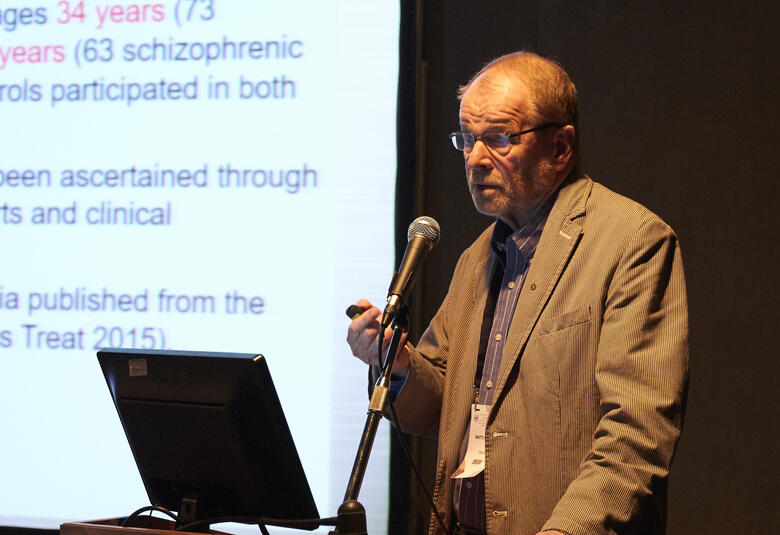
Interview with Professor José Alberto Del Porto, Sao Paulo, Brazil
Professor José Del Porto of the EPM-UNIFESP describes the challenges and new developments in the management of patients with mood disorders.
What are the most significant challenges facing clinicians today when treating mood disorders?
Regarding mood disorders, I think one of the most important issues is accurate diagnosis, because currently we do not have biological markers and have to rely on clinical observation of symptoms and syndromes.
It is also important to distinguish between bipolar and unipolar depression.
Depression is a major health problem all over the world and it has a significant impact clinically and economically – impairing daily and social function as well as work function. Along with alcohol use and bipolar disorder it is one of the most impactful and important public health issues today.
How would you define remission?
Our goal, in every case, must be to achieve total remission – and not just remission of symptoms – but also remission that ensures a complete return to the level of function that the patient had before the disease.
By that I mean social function and work function, as well as restoring pleasure in activities.
Otherwise there is a risk of recurrence, a risk of chronification and a risk for comorbid conditions like alcohol consumption and cardiovascular diseases. So our goal must be a total remission. I think that is achievable in most cases if we treat early with the right therapies or combination of treatments.
The more the disease recurs, the harder it may become to achieve total remission. There is more chronification, more recurrence and more complications like cognitive impairment.
What types of tools do you use regularly in your daily practice?
I personally like to use the Hamilton scale, the Montgomery-Åsberg scale, and I often ask my patients to complete a screening tool to identify hypomanic symptoms because this is very important to distinguish bipolar from unipolar depression. So we use the hypomania checklist. I also use an ability scale to measure any impairment in the social, work and family function. This is important when we are seeking to achieve the total remission and total return to functioning I was describing.
Do you look for cognitive symptoms in depressed patients and if so, how?
Cognitive function in depression has been a neglected area. Depression is a very complex syndrome, involving not only mood but affecting cognitive function. Until recently, we didn’t have instruments to assess cognition easily in the office. So if I had a patient with a complicated cognitive picture, I had to send them to the psychologist for an assessment of neurocognitive function.
Fortunately, we now have an easy instrument that has been developed to allow us to assess cognitive function and I find it is very easy to apply and think it will prove to be a very useful tool to use in the future in our clinical settings.
What have been the most significant advances in the field of depression research recently?
In recent years we have seen subtypes of serotinergic receptors identified – like 5HT7 - and there has been research on glutaminergic functioning - and this type of basic research has opened the way for more impactful drug treatments that may help with cognitive function.


